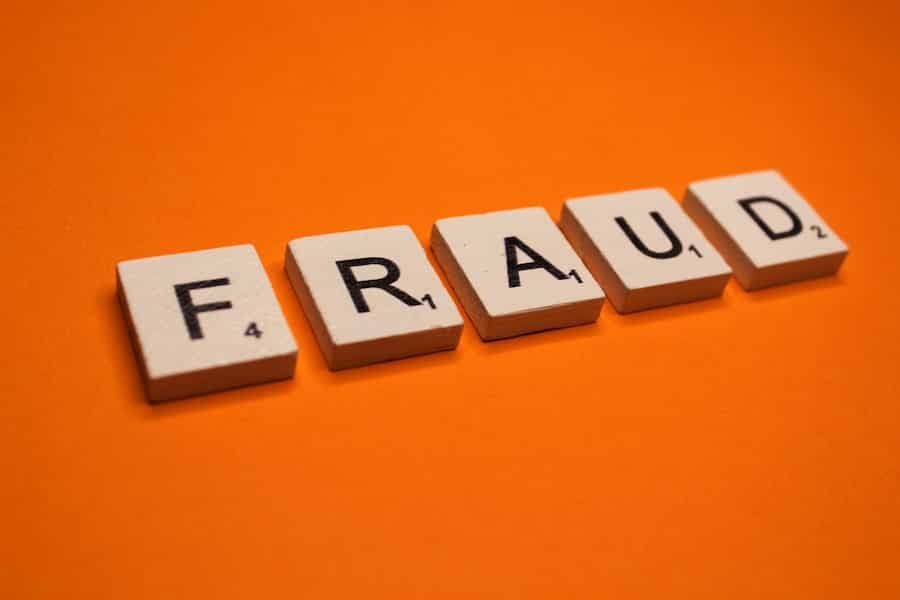The latest Solicitors Regulation Authority (SRA) Board report reveals vendor fraud as the ‘key money laundering’ activity in 2020.
The SRA report, which was issued for its most recent board meeting, revealed conveyancing fraud as the main suspicious activity worth £200m.
The staggering figure, which was reported to the NCA last year, highlights an increase in the number of Suspicious Activity Reports (SARs) filed by its members about potential money laundering including property vendor fraud.
The report, which covers the period 12 months to October 2020, found that the SARS consisted of £200 million suspected criminal activity reported by the SRA to the National Crime Agency to help law enforcement efforts in tackling financial crime.
The SARs included residential property conveyancing and nine other themes of likely criminal activity.
The report’s author, Sara Gwilliam said:
“Money laundering linked to vendor fraud was identified as a key theme in the SARs we reported.
“This is where homes are targeted by fraudsters and sold without the knowledge or consent of the true owners, with the elderly and vulnerable often the victims.
“As the SRA’s Money Laundering Reporting Officer, I issued a trend alert on this to flag the issue and raise awareness.
“This has been widely shared with law enforcement partners (such as the NCA, police and HMRC), other supervisors, and the legal profession, through existing information sharing gateways and our Risk Outlook.”
Gwilliam believes the rise in SARS is not because of an increase in criminal activity but due to the fact that solicitors are more alert and aware of their money laundering responsibilities.
Gwilliam says:
“We remain committed to ensuring that all SRA staff members are aware of money laundering and terrorist financing related risks and the obligations placed upon everyone to internally report their suspicions.”
Gwillam adds:
“We continue to deliver a range of money laundering and terrorist financing training courses.”
Martin Cheek MD at SmartSearch believes a shift to digital solutions is needed to prevent £200m of property fraud. He said:
“Since the outbreak of the global pandemic we’ve been aware of an increase in money laundering activity and the property market has been the prime target for criminals.
“Fraudsters have always considered house purchases as an effective way to launder cash but this has been exacerbated by the gaps in security that have opened up in the past 12 months due to an end to face-to-face meetings with new customers.
“Conveyancers and brokers have been relying on manual methods of ID verification which have involved taking a photo of a passport and sending on email, which is an open invitation to criminals with the ability to make sophisticated forgeries.
“The Solicitors Regulation Authority says that the increase in fraud is down to better awareness and reporting, but there has undoubtedly been an increase in criminal activity in the property market since the pandemic.
“Looking ahead, if the sector is going to prevent fraud and money laundering more effectively, there needs to be a wholesale shift to digital solutions for ID verification, which are more accurate, efficient and compliant with FCA guidelines.
“It’s no longer good enough to rely on manually checking over hard documents when they can so easily be forged and allow fraudsters into the process through the front door.”




















